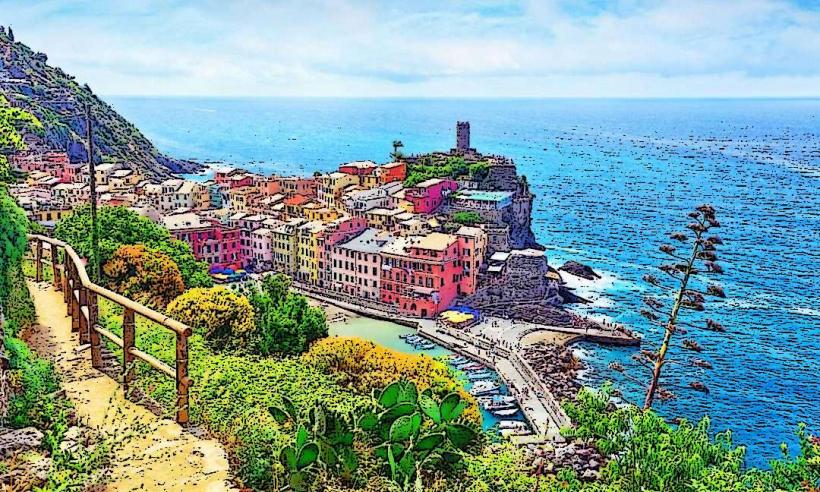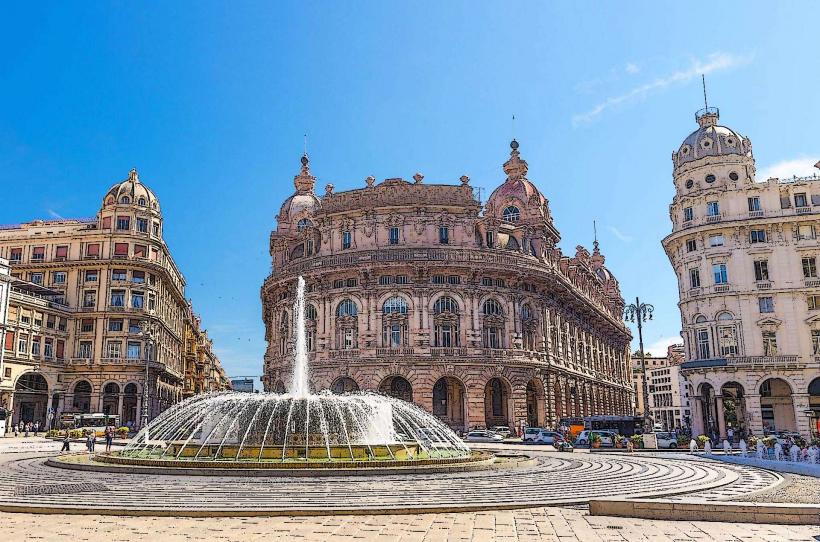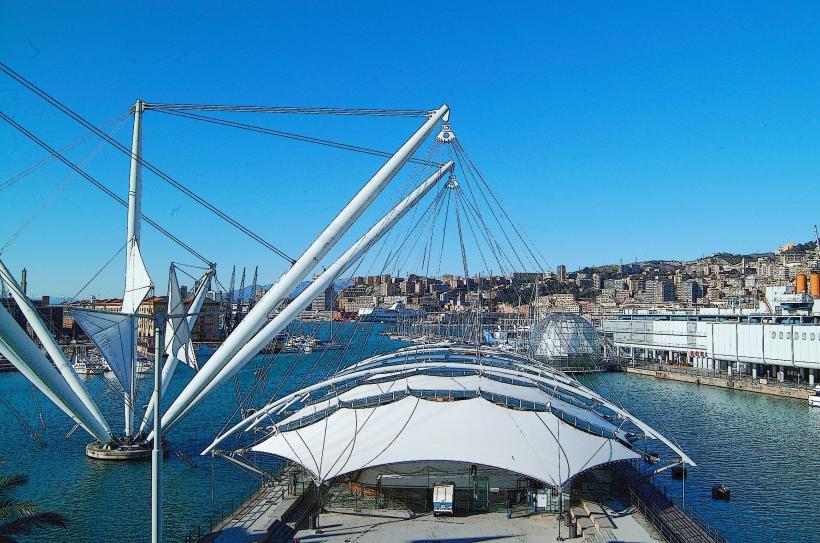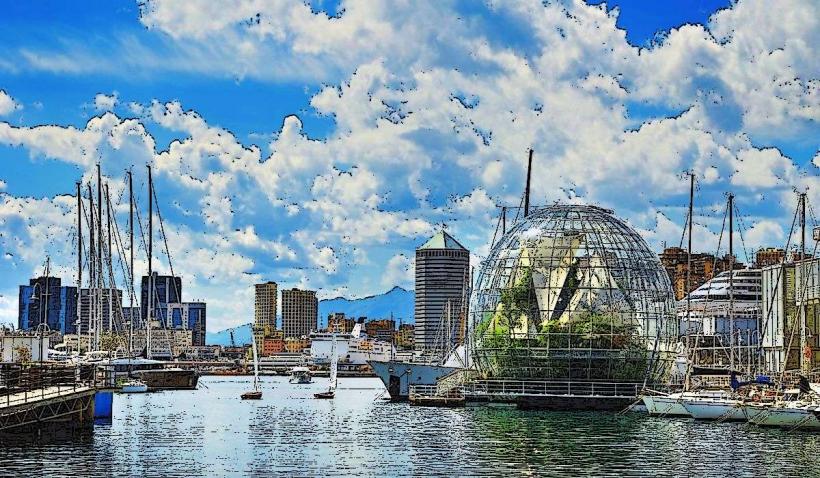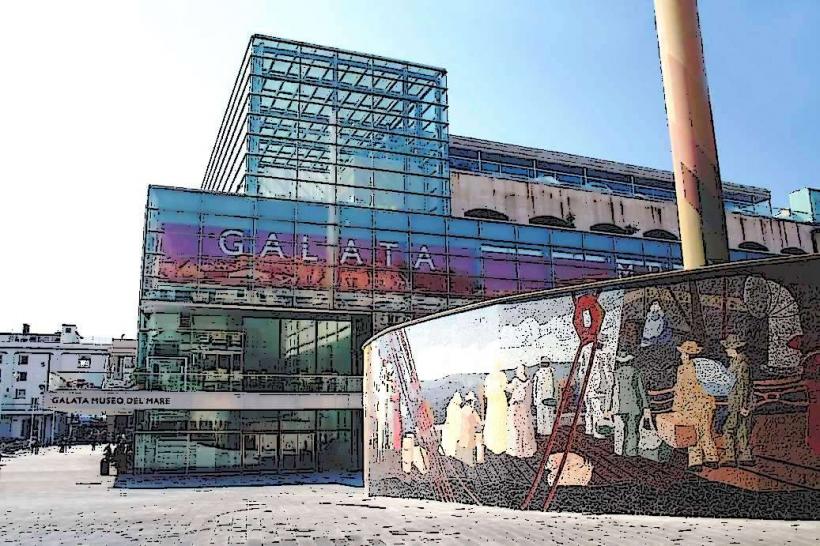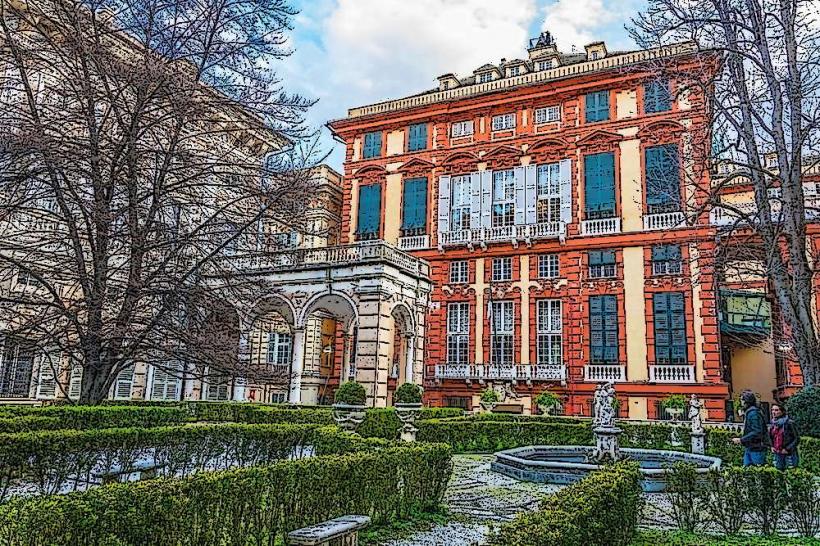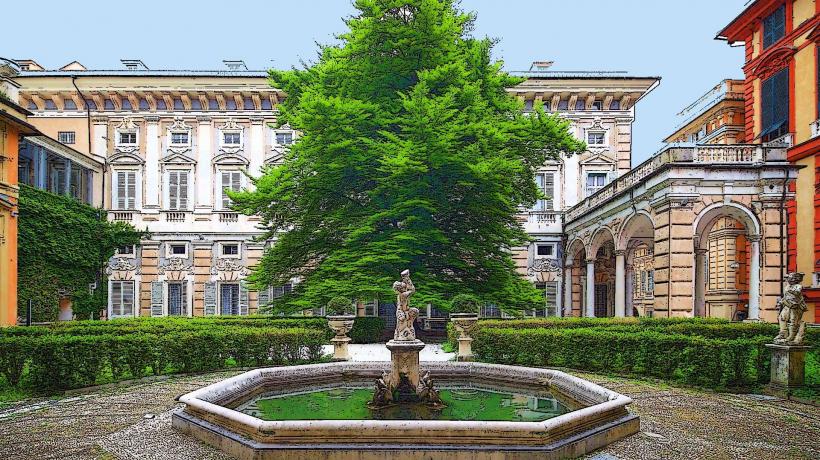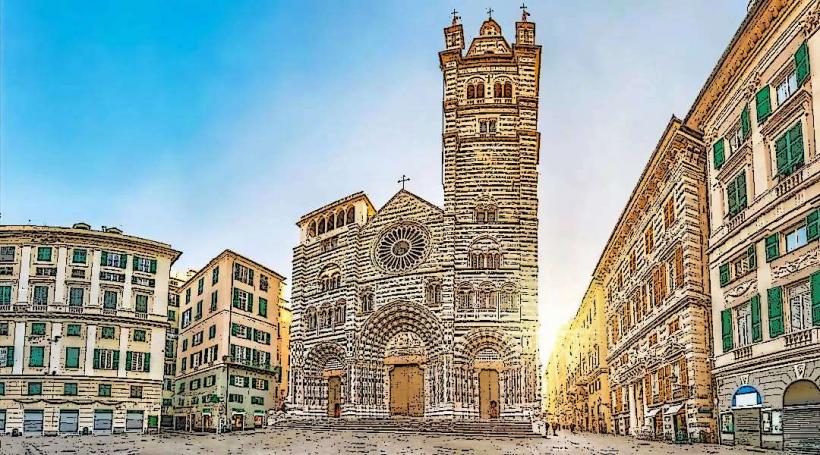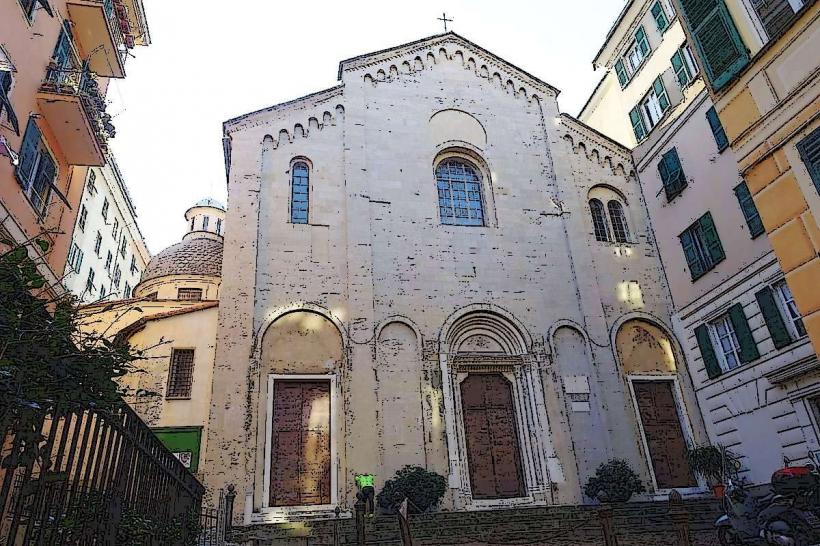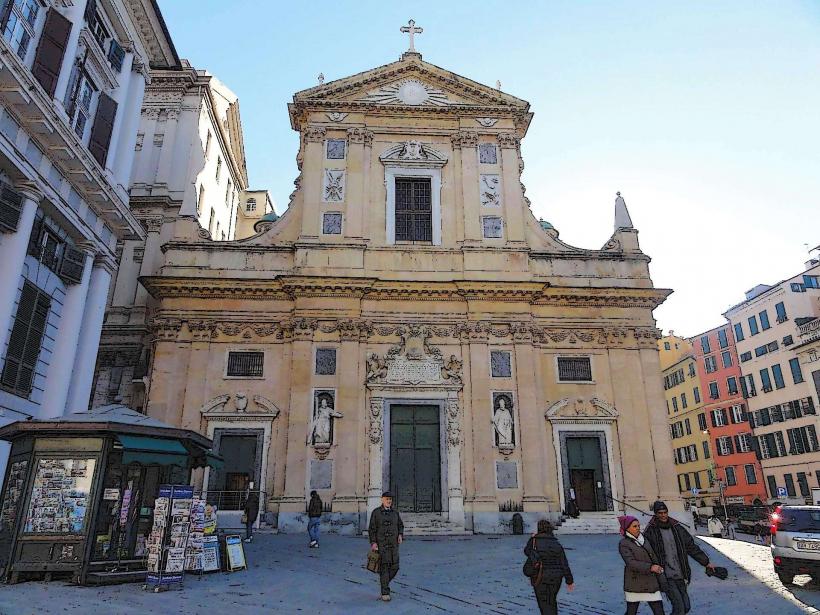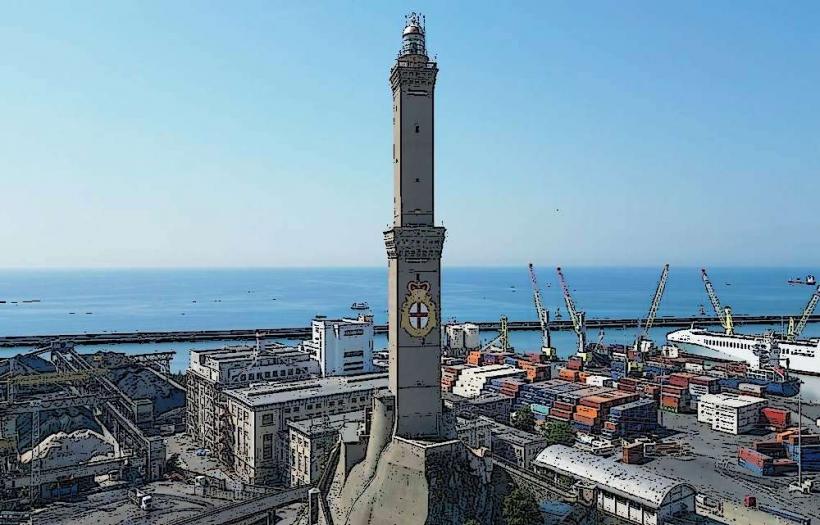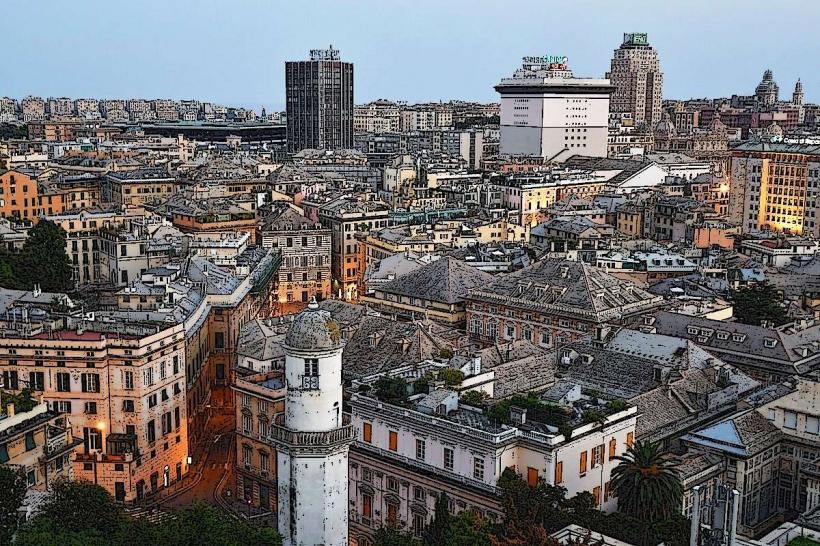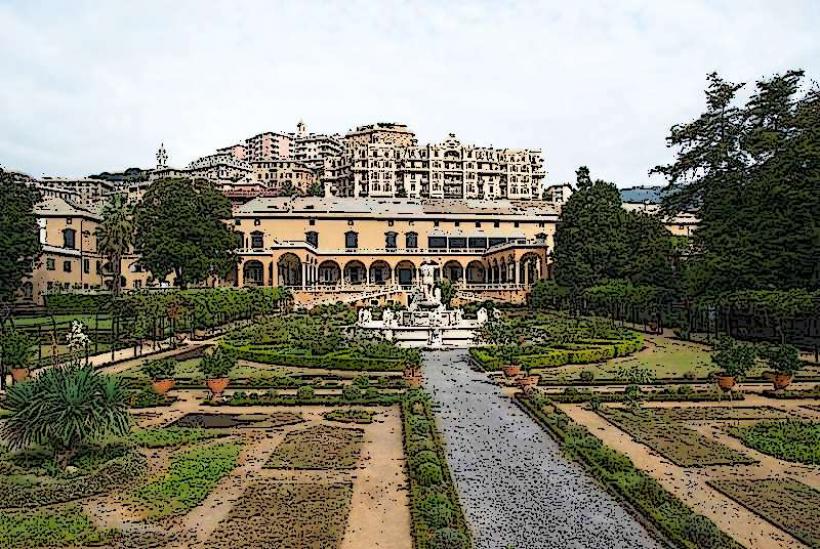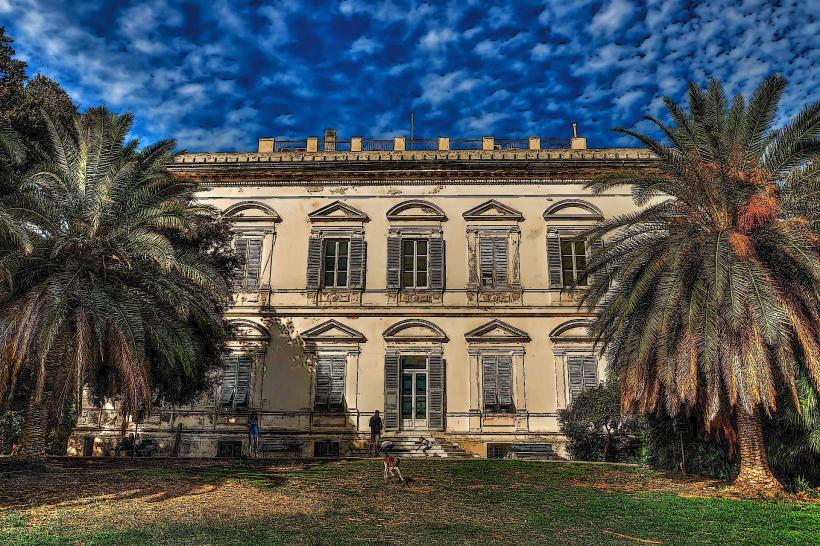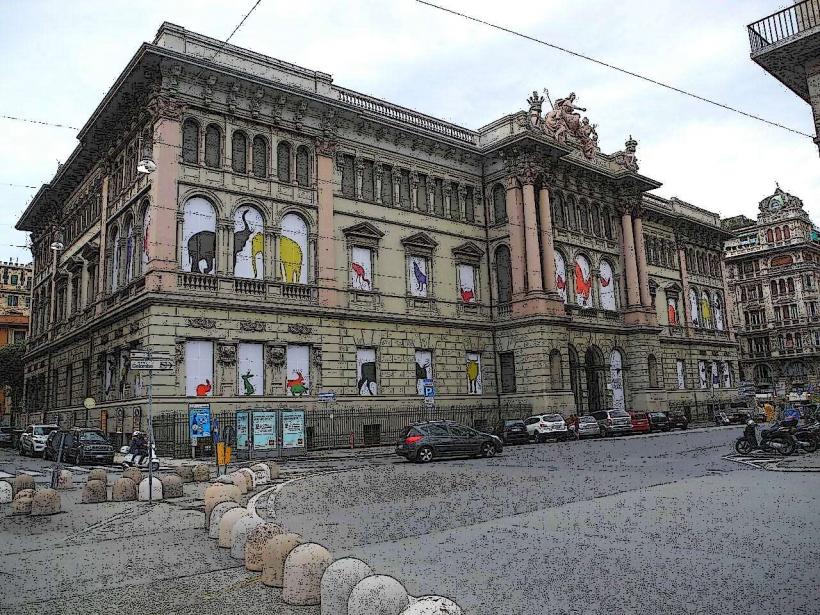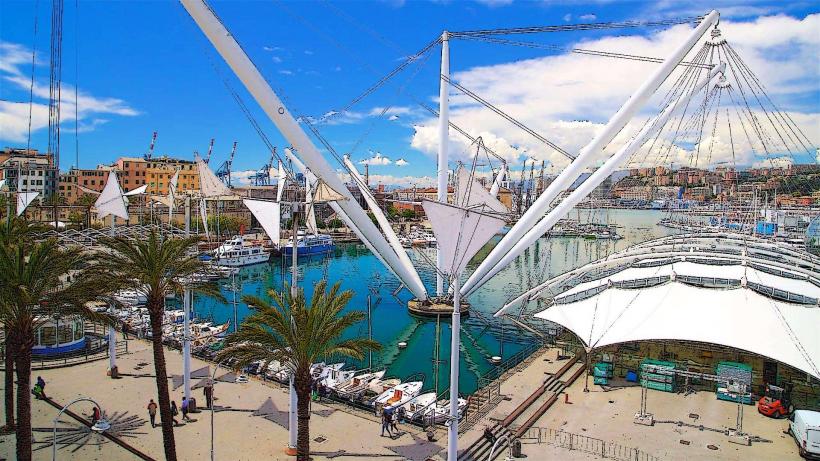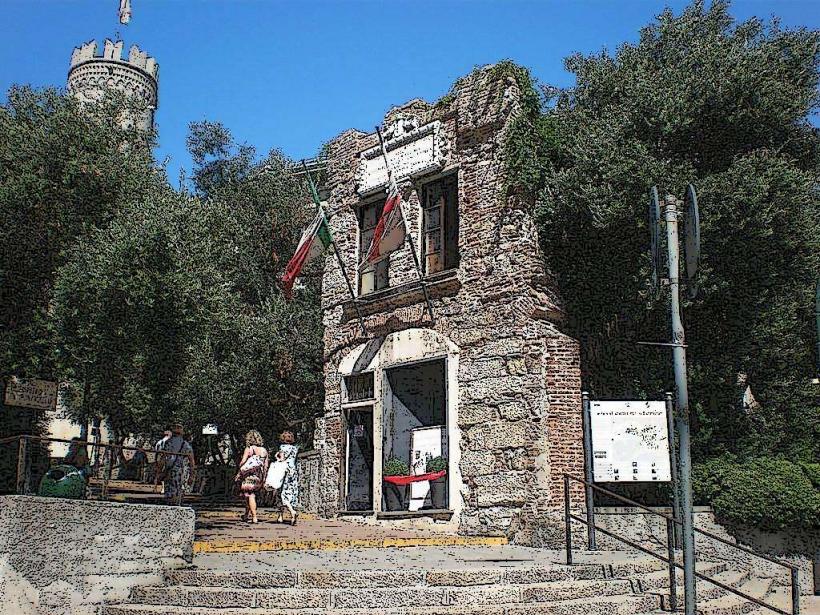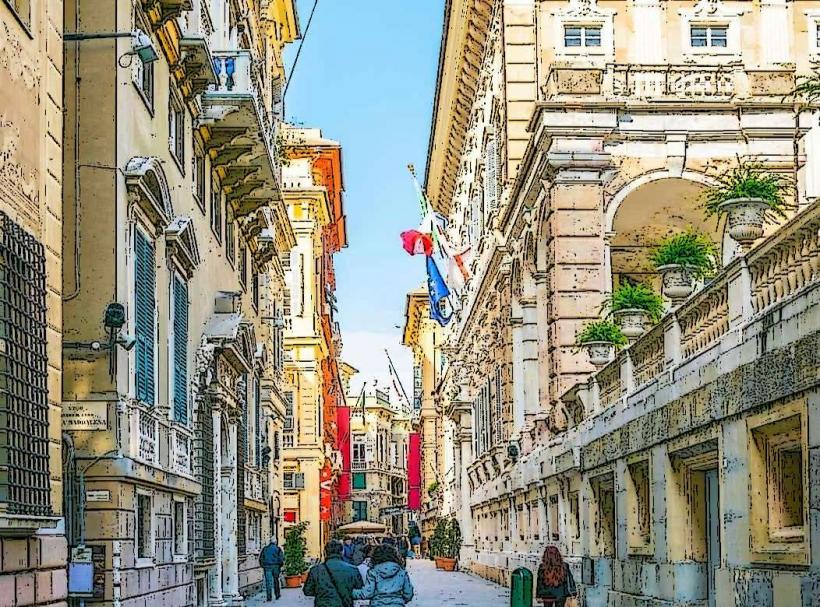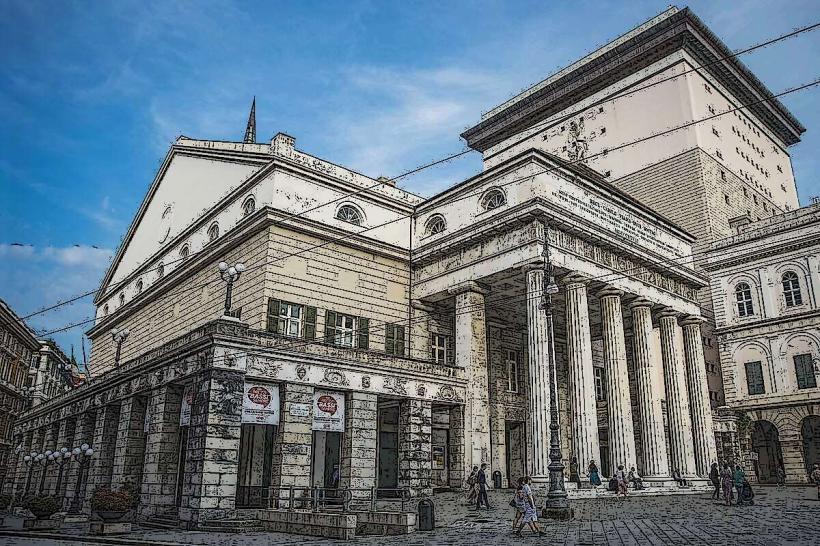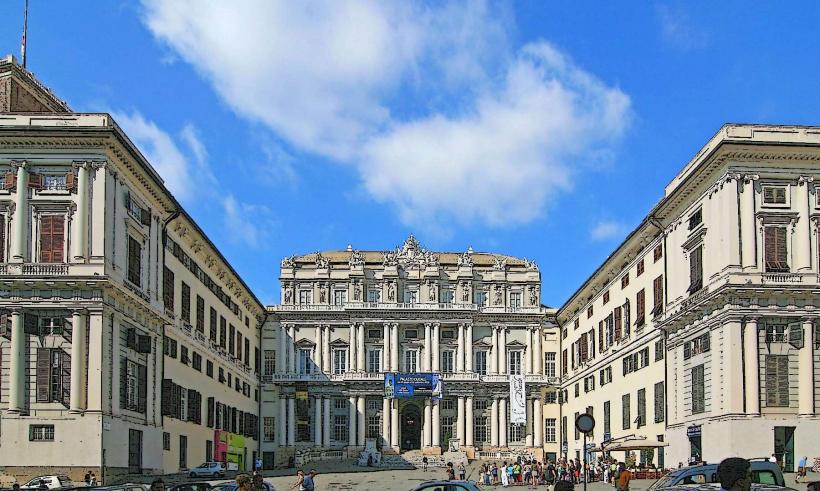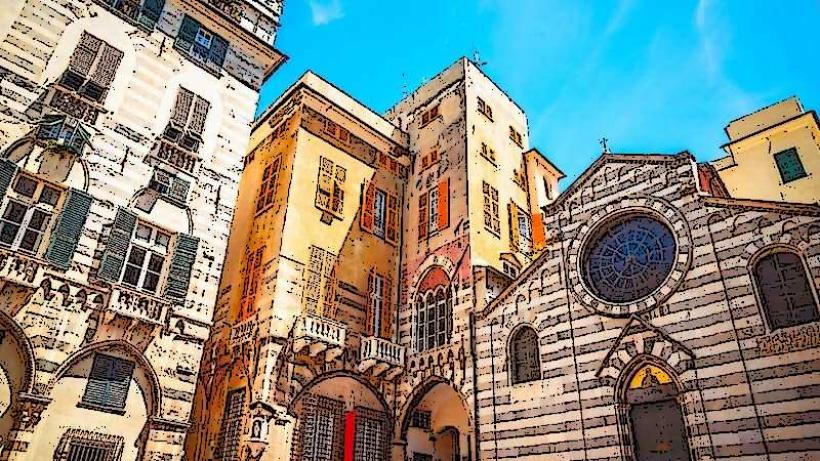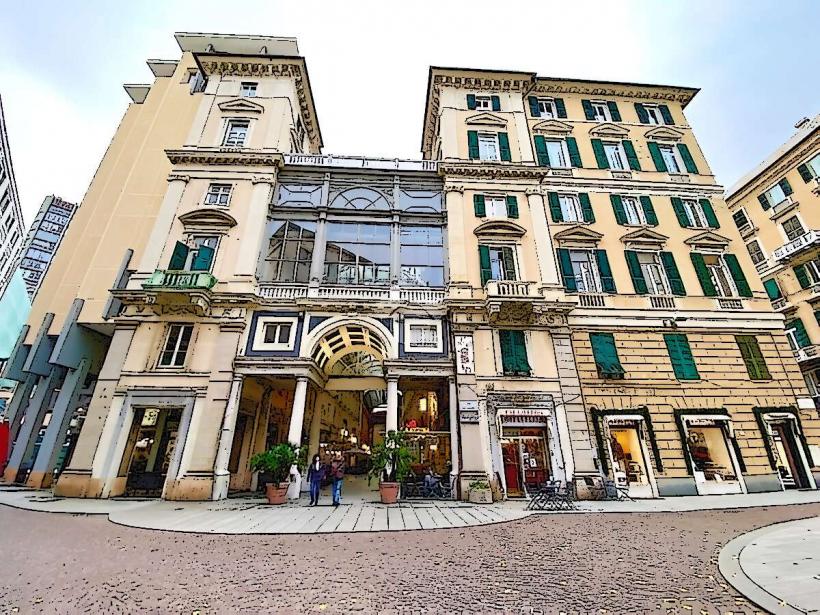Information
Landmark: Palazzi dei RolliCity: Genoa
Country: Italy
Continent: Europe
Palazzi dei Rolli, Genoa, Italy, Europe
The Palazzi dei Rolli are a collection of historic palaces in Genoa, Italy, designated as a UNESCO World Heritage Site in 2006. Built during the Renaissance and Baroque periods (16th–17th centuries), these palaces reflect Genoa’s wealth and prominence during its time as a powerful maritime republic. The Rolli palaces were a distinctive system of aristocratic residences used to host state visitors, including royalty, diplomats, and notable travelers, making them unique in European hospitality history.
Key Features and Historical Background:
The Rolli System:
- The term "Rolli" comes from the "Rolli di Genova", an official list (or "roll") that classified noble palaces according to their grandeur. This classification determined where high-ranking visitors would stay during their official visits to Genoa.
- Depending on a guest's rank, a palace would be chosen from the list to accommodate them, with the most prestigious guests staying in the most opulent palaces. The system was created in 1576 by the Republic of Genoa, allowing the government to distribute the responsibility of hosting important guests among the wealthy families of Genoa.
Architectural Styles and Grandeur:
- The Palazzi dei Rolli showcase a blend of Renaissance and Baroque architectural styles, characterized by grand facades, elaborate frescoes, stunning atriums, and impressive courtyards.
- Each palace is unique in its design but shares common architectural features like grand staircases, open loggias, marble decorations, and richly adorned interiors. Notable architects, such as Galeazzo Alessi and Bartolomeo Bianco, contributed to their design.
The Historic Streets: Strade Nuove:
- Many of the Palazzi dei Rolli are located along Genoa’s famous Strade Nuove (New Streets), particularly Via Garibaldi, Via Balbi, and Via Cairoli. Via Garibaldi, in particular, is known for its concentration of palaces and is one of Genoa’s most picturesque streets.
- Strade Nuove was one of the first examples of urban planning for aristocratic palaces, and the layout of these streets reflects Genoa’s intention to present itself as a prestigious and powerful city.
Famous Palaces within the Rolli:
- Palazzo Rosso, Palazzo Bianco, and Palazzo Doria Tursi are some of the most prominent palaces along Via Garibaldi. Today, these buildings serve as museums and hold impressive collections of art, including works by Van Dyck, Caravaggio, and Rubens.
- Palazzo Spinola di Pellicceria and Palazzo Lomellino are also notable examples, with their beautifully preserved interiors, frescoed rooms, and historical furnishings. Many palaces have lush inner courtyards, gardens, and terraces with views over the city.
Frescoes and Art Collections:
- The interiors of the Rolli palaces are decorated with elaborate frescoes, paintings, and sculptures commissioned from some of the leading artists of the time. These artworks often depict scenes from mythology, Genoese history, and the achievements of the aristocratic families.
- Art collections within these palaces include pieces by Italian and Flemish masters, along with Genoese artists, highlighting Genoa’s important role in the art and culture of Renaissance Italy.
Role in Genoa’s Social and Political History:
- The Rolli palaces were not just luxurious residences but also represented the social and political power of Genoa’s noble families. By opening their homes to prominent visitors, the aristocracy demonstrated their wealth, hospitality, and importance within the Republic of Genoa.
- The Rolli system reflected the unique relationship between the nobility and the government of Genoa, where aristocratic families took on official roles in public service and international relations.
UNESCO World Heritage Site:
- In 2006, UNESCO recognized the Palazzi dei Rolli as a World Heritage Site due to their historical and architectural significance. UNESCO noted the Rolli palaces as the first example of an organized system of public hospitality in a European city, a precursor to modern diplomatic protocol.
- The UNESCO designation includes over 40 palaces, with many open to the public, either as museums or during special events like Rolli Days, when more private palaces allow visitors access to their interiors.
Rolli Days:
- Twice a year, Genoa celebrates Rolli Days, a special event during which many of the palaces, including those not usually open to the public, welcome visitors. Rolli Days provide an opportunity to explore hidden architectural gems, often with guided tours and exhibits.
- The event attracts thousands of visitors and includes cultural activities, performances, and historical reenactments that bring the palaces’ history to life.
In Summary:
The Palazzi dei Rolli are a testament to Genoa’s golden age, when the city was one of Europe’s wealthiest and most influential maritime republics. The opulent palaces, designed to host dignitaries and royalty, reflect the grandeur of Genoese architecture and its contributions to Renaissance urban planning. Today, these palaces offer a glimpse into the city’s aristocratic past and are a must-visit for those interested in history, architecture, and art. With their impressive frescoes, intricate courtyards, and prestigious collections, the Palazzi dei Rolli stand as Genoa’s most remarkable architectural and cultural heritage sites.

